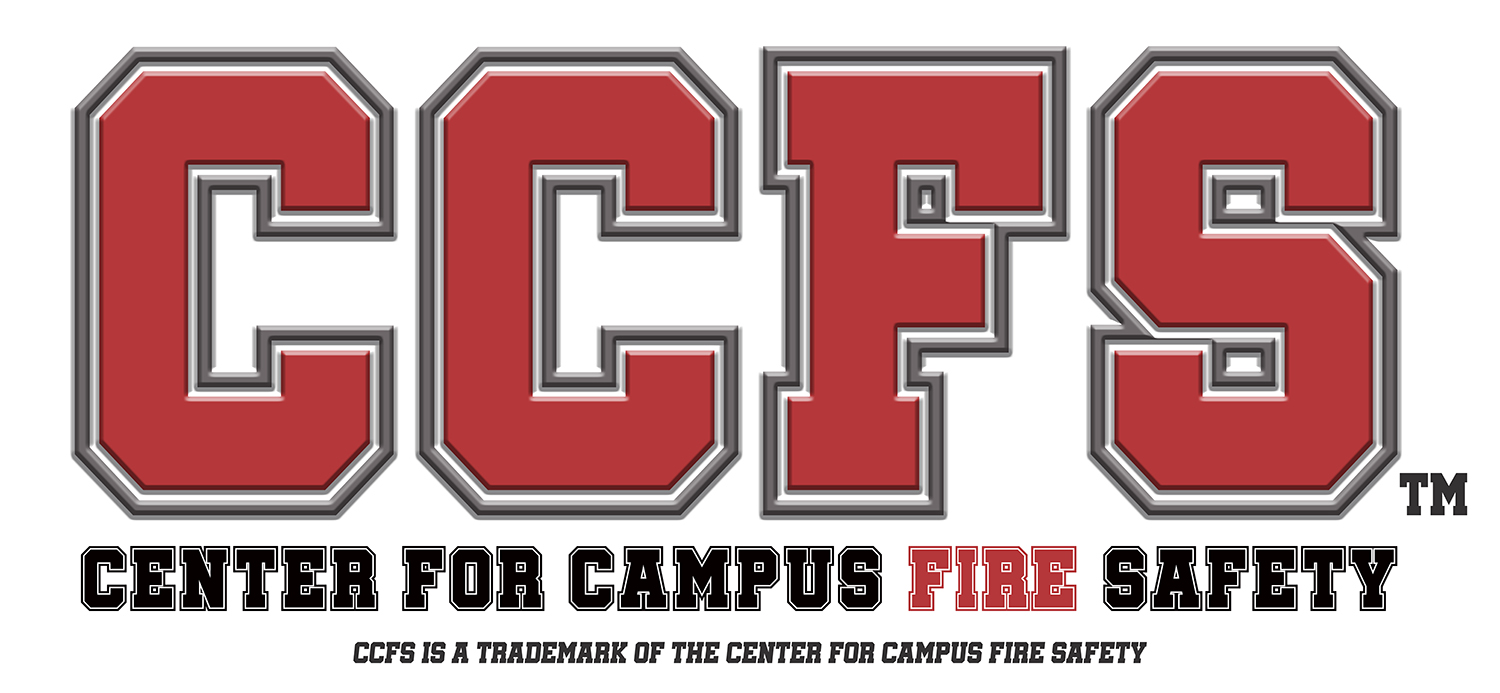 September is Campus Fire Safety Month, and the Environmental Health and Safety Office (EHS) is pleased to use this opportunity to remind the Mason community of a few essential fire safety tips. In addition to the advice below, EHS encourages you to review the university’s Fire Safety Plan, which describes roles and responsibilities, policies, and procedures designed to mitigate the causes of fire, prevent loss of life and property by fire, and outline the procedures used to maintain fire protection and life safety systems at George Mason University.
September is Campus Fire Safety Month, and the Environmental Health and Safety Office (EHS) is pleased to use this opportunity to remind the Mason community of a few essential fire safety tips. In addition to the advice below, EHS encourages you to review the university’s Fire Safety Plan, which describes roles and responsibilities, policies, and procedures designed to mitigate the causes of fire, prevent loss of life and property by fire, and outline the procedures used to maintain fire protection and life safety systems at George Mason University.
Stay Warm…and Safe!
With cold weather approaching, it’s important to be aware of heating safety practices. While the university permits the use of personal space heaters, they must be used in accordance with the directives below.
- Space heaters must have tip over automatic safety cut-offs and wiring that is in good condition.
- All combustible materials must be removed at least three feet from the space heater.
- Never place a space heater directly on top of combustible paper products, wood, or fueled equipment.
- Space heaters must be plugged directly into the wall, without the use of an extension cord or power strip.
- Space heater may never be used in areas where hazardous materials (i.e., flammable materials) are used or stored.
- Space heaters must be turned off when they are left unattended.
- Heaters must have a ceramic element. Coil elements are not permitted.
Download this tip sheet from the National Fire Protection Association to learn more about heating safety practices.
Fire Emergencies: Evacuation
Most of us have a habit of entering and leaving our offices through the same door. In an emergency, that exit door may not be accessible, and you’ll need to quickly locate an alternate way out.
Evacuation Plans, like the one pictured here, are posted throughout all university buildings. Students, employees, and visitors are encouraged to know and use two exit routes for all buildings and know your designated assembly area. Evacuation plans also show the location of fire extinguishers and pull stations.
Review your evacuation plan today, and if you have any questions or need additional guidance, please contact EHS.
Training Opportunities
EHS offers Fire Extinguisher Use training to all members of the university community. In this engaging, one-hour course, you’ll learn how to operate a fire extinguisher through hands-on practice and classroom instruction. Visit ehstraining.gmu.edu to register for a class today, or contact EHS to schedule a group session for your office.
